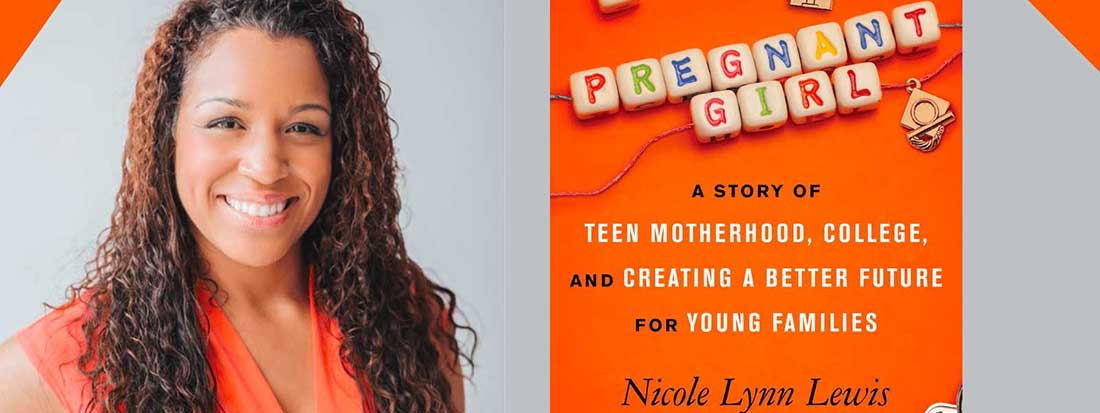Episode 29
Helping student-parents stay in college comes down to the basics - like food and shelter
Sept. 14, 2021Today’s college students are not like those of past decades. They’re more racially diverse, a third of them are over 25, and two-thirds work while going to school–40 percent of those full time.
Yet they’re going to school in a system built for the student of yesterday–the unencumbered white male who just graduated from high school and had the support of a family with plentiful resources and social capital. Clearly, we need to rethink how we help today’s students get in, stay in, pay for, and graduate from college.
That’s what we talk about on Episode 29 of Lumina Foundation’s podcast “Today’s Students/Tomorrow’s Talent.” My guests are Nicole Lynn Lewis, founder and CEO of Generation Hope and author of “Pregnant Girl”; Buffy Tanner, interim associate dean for student services at Shasta College; and Janet Hubbert, student success facilitator and graduate of the Accelerated College Education program at Shasta College.
Lewis tells me that we need to set up our systems in a way to respond to all different students’ circumstances. Like hers.
In high school in the late 1990s, she was highly involved in student activities and planned to become a journalist so she could travel the world and tell stories no one else was telling. Then, she got pregnant in her senior year. She’d been accepted to William & Mary in Williamsburg, Virginia, but “every day, it was really difficult to see how I was going to make it all possible.”
She struggled with issues that included childcare, food insecurity, housing–and the label of “the black girl with the baby.” She felt scrutiny and judgment everywhere she went on campus.
Nevertheless, she persisted–and graduated in 2003.
Lewis tells me that her plan was to give back, and she wanted to find an organization that helps young mothers. She didn’t find much, so in 2010 she started Generation Hope, which supports teen parents in college through direct service to those in need, along with systems change through technical support to colleges.
“Basic needs are a huge issue for so many college students,” she said as we discussed a 2020 Hope Center survey of 23,000 student-parents that found that more than half had trouble finding food in the previous 30 days and 17 percent had been homeless in the prior year.
“When we look at parenting students, all those basic needs are exacerbated by the fact that you’re a caregiver.”
Lewis suggests that schools need a broad approach to helping student-parents–from marketing materials that show students with children, so they know they’re welcome, to conveniences like after-hours options at financial aid offices for student-parents who have to work.
Meanwhile, at Shasta College in Redding, California, they’re combining that holistic approach with their Accelerated College Education program, which enables students to earn a certificate in nine months or an associate degree in 24 months or less.
Buffy Tanner explains that the school created a structure where coursework is compressed into eight-week blocks. Students take two classes in each block–four classes a semester–but only have to focus on two classes at a time. The classes are only offered on Tuesday and Thursday nights, no matter the semester, giving parenting students the predictability needed to accommodate work and family responsibilities.
All classes are offered online, and coursework requirements from start to finish are all mapped out because, as Tanner says, “When you are juggling so much, if you don’t have a clear idea of when that juggling is going to be over, it can be easy to hit a hard spot and say you’re giving up.”
Students typically go through the programs together, so they have a built-in support system, and each student is supported by case manager Janet Hubbard, a student success facilitator at Shasta and a program graduate herself. Hubbard says her role is to do what it takes to keep them in school.
“I work for the program now,” Hubbard says, “but it’s because I went through the program that I’m so passionate about what we do to help other students get their degree.”
Listening to our guests, one thing becomes clear: When we support parenting students by adjusting curricula and support services to match their busy lives, they are more likely to succeed — and benefit themselves and their families. And supporting those who need the most structure and support not only helps those people but pays dividends across all student groups.

